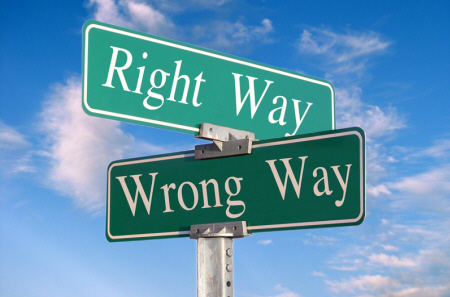From the Open Government Declaration:
We acknowledge that people all around the world are demanding more openness in government. They are calling for greater civic participation in public affairs, and seeking ways to make their governments more transparent, responsive, accountable, and effective.What's emerging is that so far, governments have been very selective of the kinds of data they release. And I suspect that Data, Collaboration and Transparency are also the order of interest for said governments.It's no wonder. Open Government as it is discussed, and proposed could be the 21st century equivalent of the press, if it's done right. And fact-based summary data about government could open up dialogue real dialogue, breaking the political party-lines paradigm by inspiring fact-based dialogue about policy, and allocation of resources. Oh, but I dream, I dream.
Here is John Milloy's statement to Canada.com on the Ontario initiative.
On the other side of the Atlantic, the UK has made the expected mistake of going too fast, as explained in this article in The Guardian. This is, as far as I can see, the first time someone has accused a government of going too fast on open data, and that's a sign that something real is happening there.





